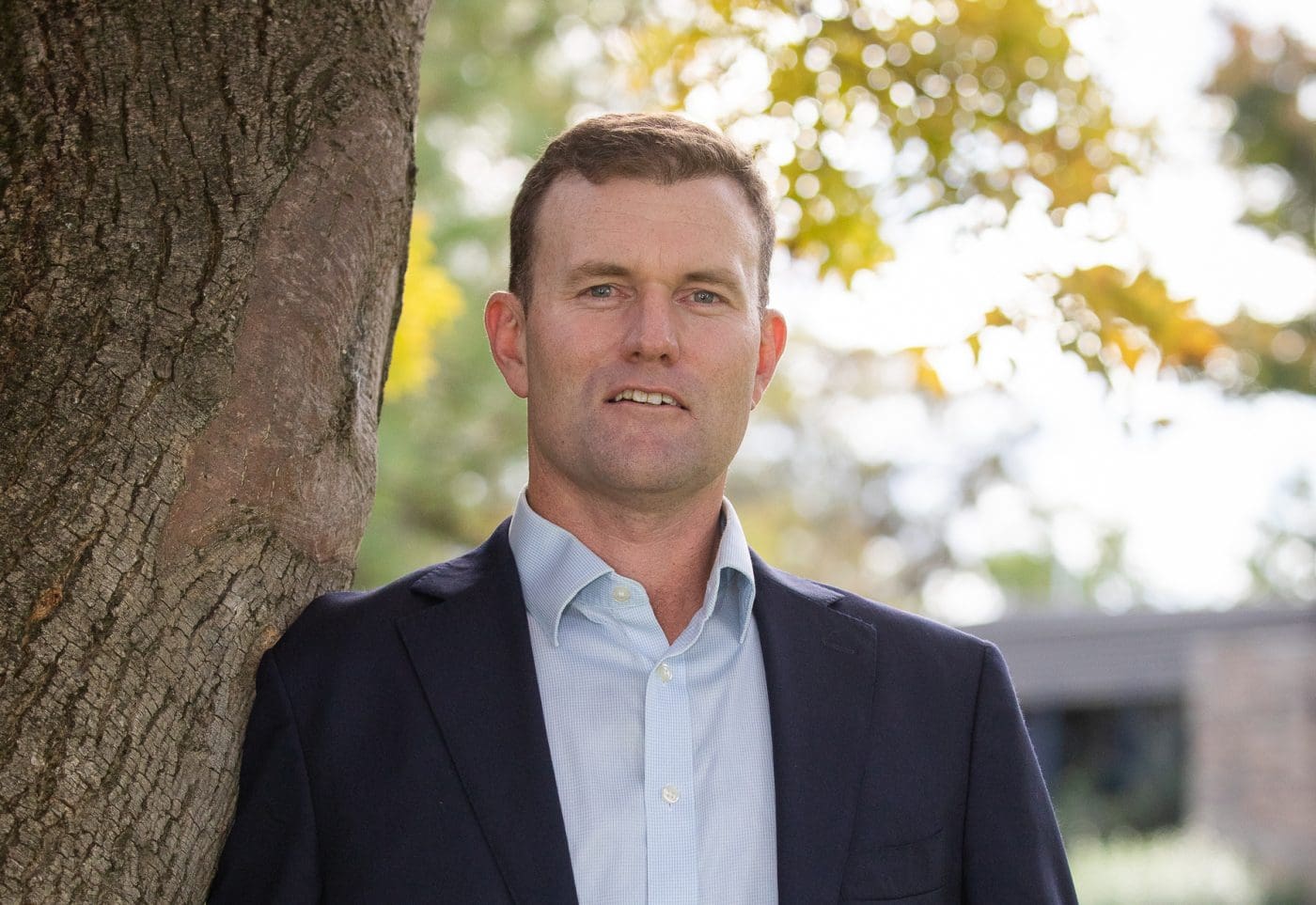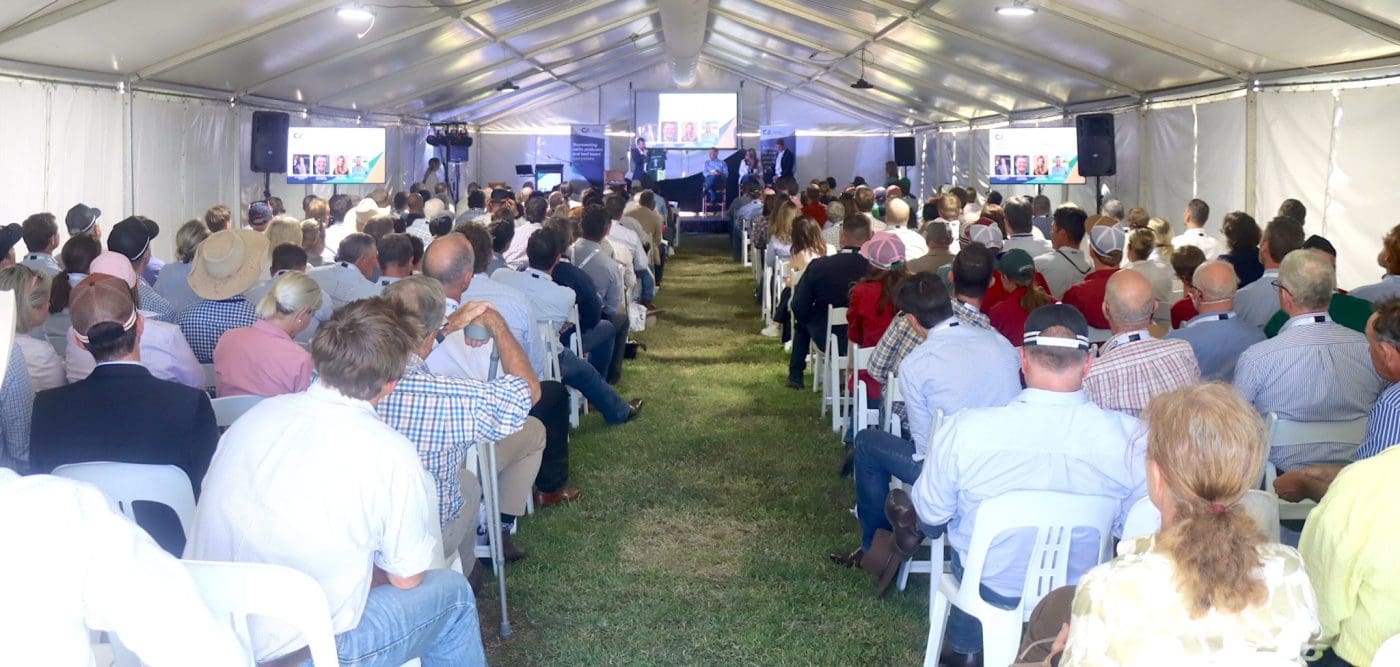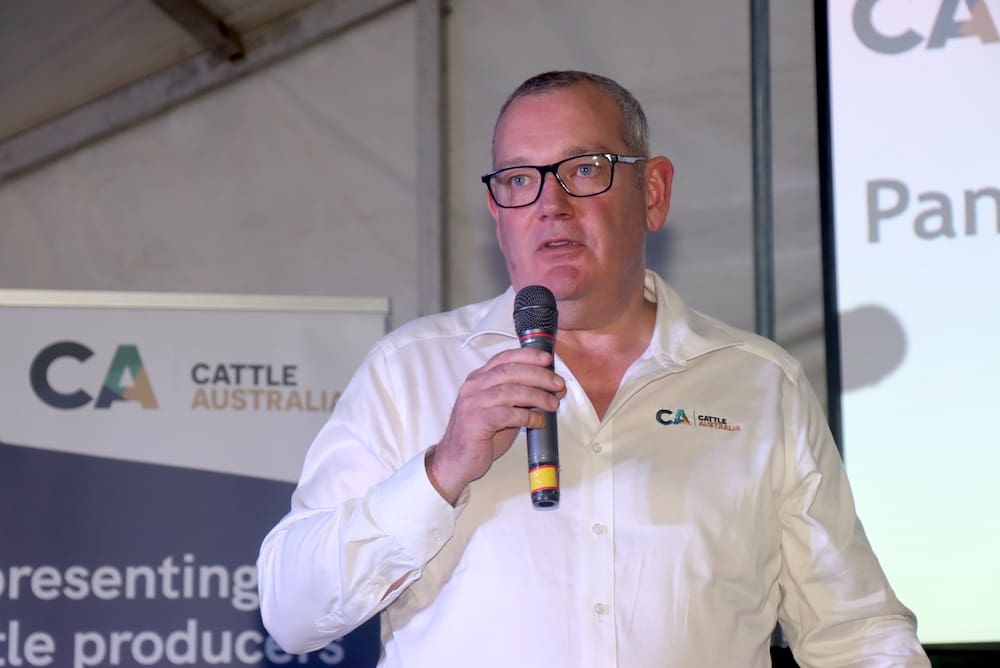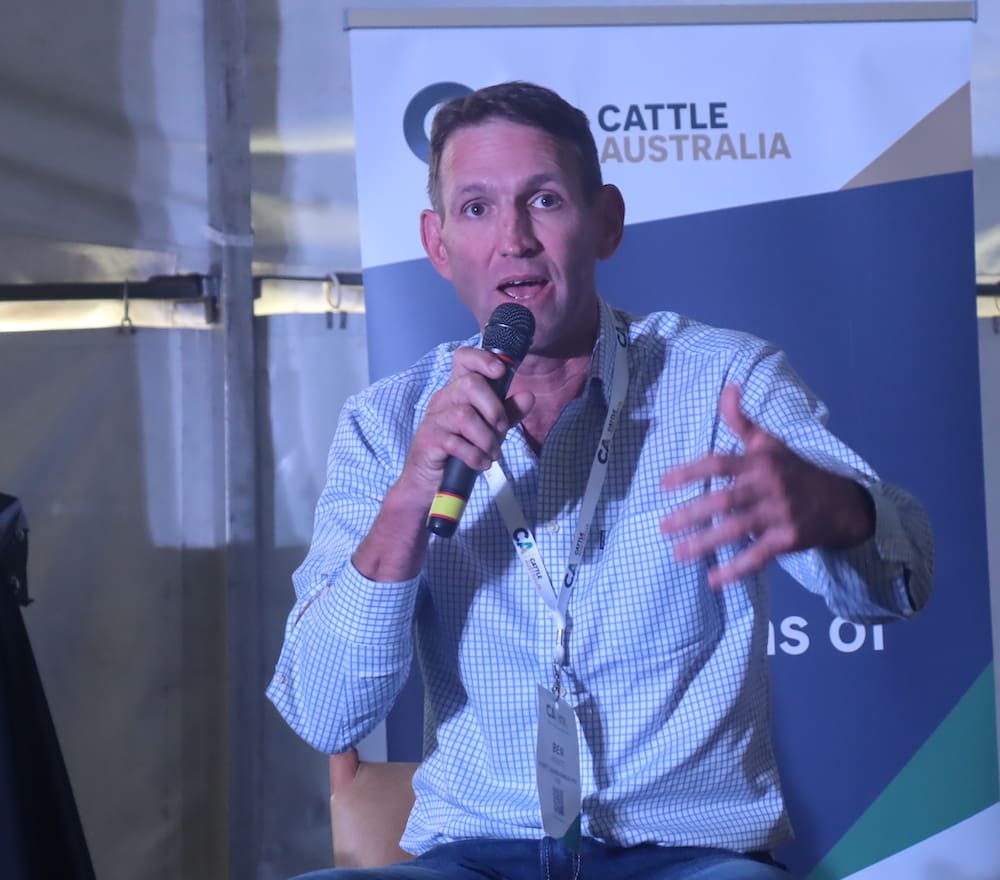CATTLE industry leaders say they are keen to take the fight to environmental groups, who have been running a well-funded, aggressive and highly influential campaign against beef production.
The need to better communicate the industry’s role and practices was a constant theme of discussion in presentations and among delegates at this week’s Meat & Livestock Australia AGM and Cattle Australia conference in the New South Wales city of Tamworth.
Activist organisations appear to be influencing a lot of policy decisions at the moment, including the phase out of live sheep exports, net zero targets and deforestation-free commitments from retailers like Woolworths and McDonald’s.
Yesterday’s conversation among the 450 stakeholders in attendance was more about pushing back against these decisions than it was about complying with them.
One of the most animated calls to action came from Central Queensland producer and Property Rights Australia treasurer Joanne Rea, who said environmental groups had been making it harder to manage land for decades, to the detriment of the environment.
She said it was clear they were not a friend of the industry.
“I have been observing them for at least 15 years, they never ever say anything positive about their target, they never give credit where credit is due, they never say you have done anything correctly or that you have reached your target,” Ms Rea said.
“As soon as you reach a target they raise the bar every single time. You are going to get nothing out of them except a fight, so take it right up to them.”
The comments received a rousing applause and ‘furious agreement’ from Cattle Australia chief executive officer Dr Chris Parker, who said his personal view was that the industry had been too polite for too long.
Dr Parker said the organisation had been laying the groundwork to push back against these policies through its Land Management Commitment and its methane roundtable that was started in Tamworth this week.
“What we decided at Cattle Australia was that we needed a piece of solid policy with all those figures that sit around it to take that forward. We are now taking that up as best we can and in as aggressive a manner that we can,” he said.
“I am not saying we have it right yet, but I think it is a step in the right direction.”
More industry support needed
Large-scale cattle producer and Cattle Australia regional consultative committee representative Ben Hewitt agreed with Ms Rae.
“I have been in our business for a couple of generations now and I have already seen my grandfather and my parents in different forums pushing back against impositions on people’s land rights,” he said.
“One of the realities of life is that everyone here has a day job, whereas for some of the opposition that is their job to attack us.”
Mr Hewitt said supply chains and financiers were asking questions about the cattle industry’s role in the environment. He said it was time for the industry to come together to better understand the issues.
“It is on us to educate the customer and we are all going to be better off to have a better understanding of it all,”
“We need to turn this into a 1000 people event next year and 2000 people the year after – that is when we get some momentum and when we give people the time.”
Better communicating the science
 Many of the groups attending the Cattle Australia conference were also in attendance at the Societal Role of Meat conference in Denver last month, where the science behind the nutritional, environmental, welfare and ethical considerations of meat were discussed.
Many of the groups attending the Cattle Australia conference were also in attendance at the Societal Role of Meat conference in Denver last month, where the science behind the nutritional, environmental, welfare and ethical considerations of meat were discussed.
One of the main resolutions to come out of that conference was that the industry needed to make a bigger effort to communicate the science.
In presenting the MLA AGM, managing director Michael Crowley said there was a global opportunity to better communicate the science behind red meat.
“There is a pre-competitive opportunity for us to work collaboratively as a global red meat industry on animal welfare, on environmental sustainability, on human health and nutrition,” he said.
“There are over 3000 peer-reviewed published scientific papers that support the role of red meat and livestock in delivering positive environmental outcomes as well as the importance of red meat in human health and nutrition.
“We need to elevate our communication and we can do that for the benefit of Australia and we can collaborate on that internationally.”



